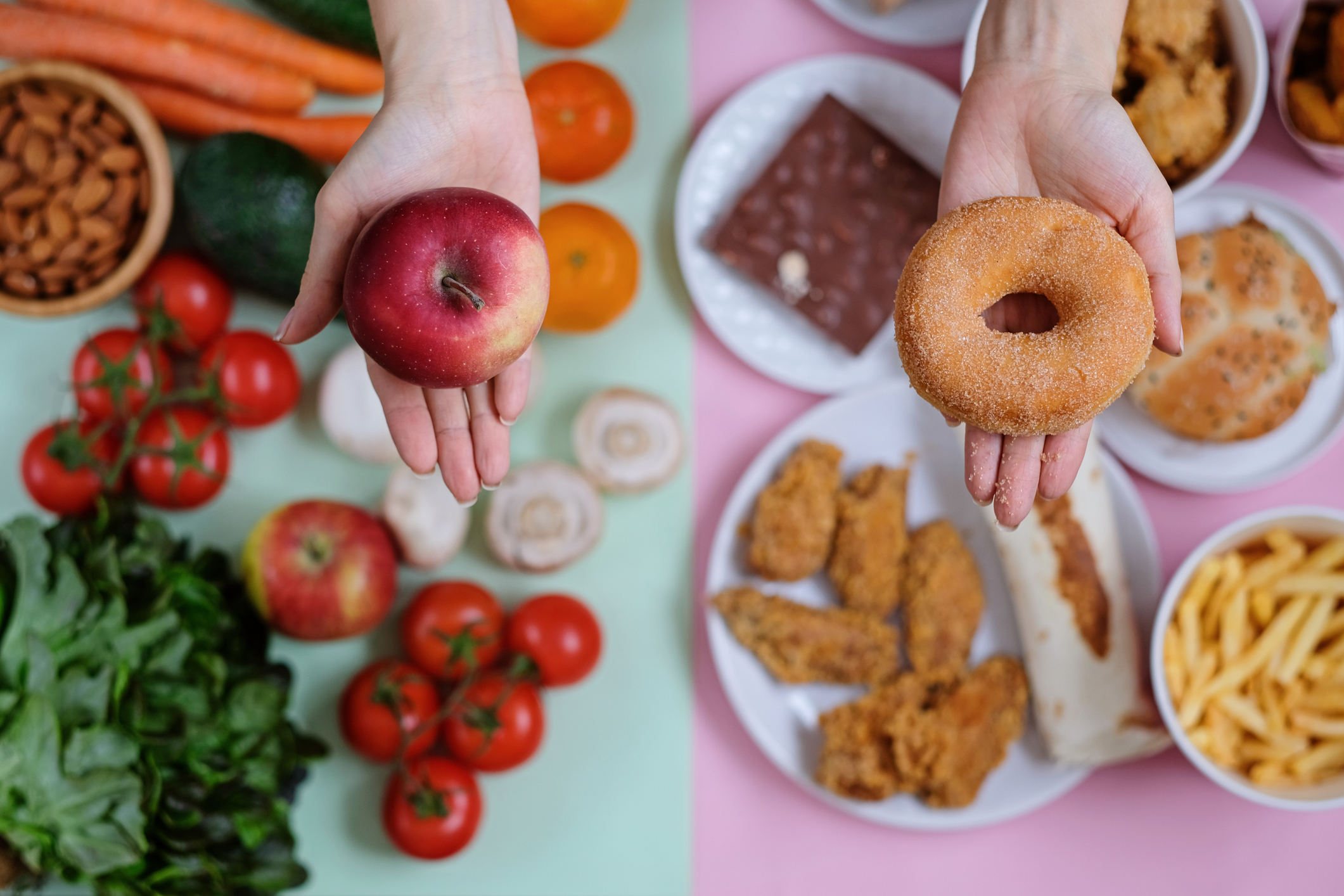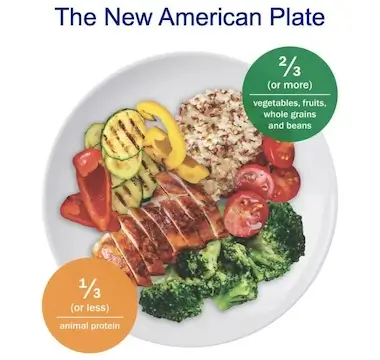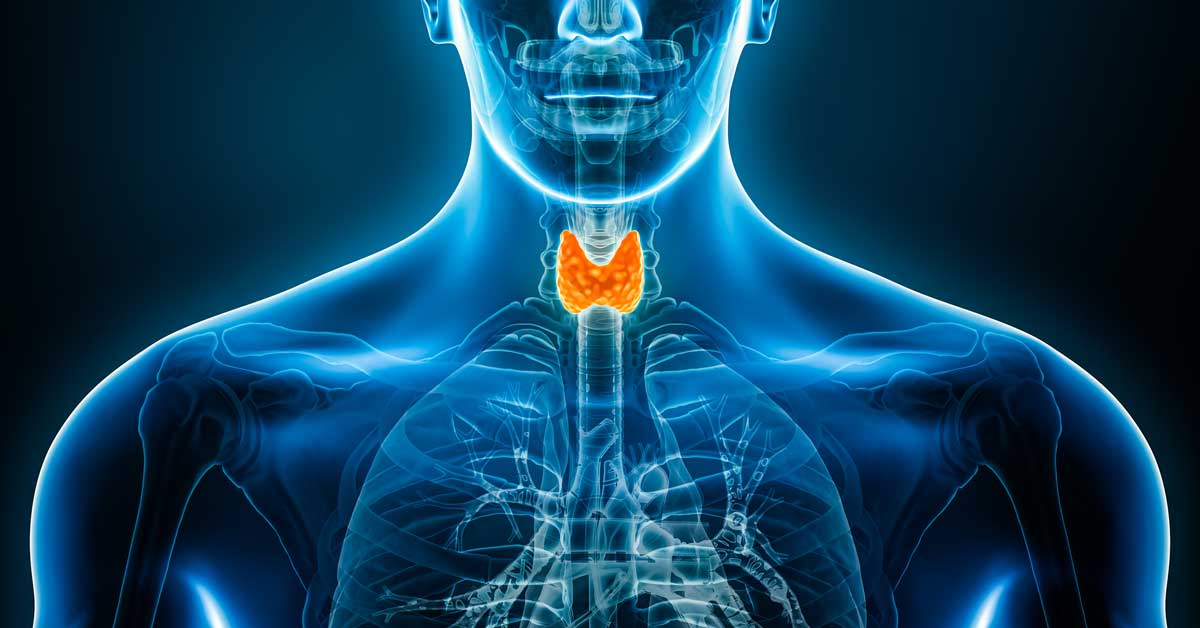Sugar, Energy, and Cancer: Separating Fact from Myth
Sugar, Energy, and Cancer: Separating Fact from Myth

Many people, and especially those diagnosed with cancer, preemptively eliminate sugar from their diet, because of the widely-held belief that “sugar feeds cancer” or “cancer loves sugar.” The hope is that by not eating sugar they can stop cancer from growing and spreading. The truth is more complicated. There is no evidence that dietary sugar directly fuels cancer growth or that eliminating sugar can slow cancer growth.
Every cell in the body uses sugar (glucose) as fuel. Even in the absence of a dietary source, our bodies make glucose from other molecules through the process of gluconeogenesis. Cancer cells process energy differently from healthy cells and do so less efficiently. Cancer cells use much more sugar to generate energy, because they grow and divide much faster than normal cells.
Contact Us
Why carbohydrates matter
Nutrition provides essential support, but it cannot target cancer cells. Yet, that idea can lead some people to avoid all foods that contain carbohydrates, including some proven cancer-fighting foods, such as fruits, vegetables, whole grains, and legumes. Preventing muscle loss is the top nutrition-related priority for those being treated for cancer. There is ample evidence that people who maintain muscle mass during treatment have fewer treatment delays and better quality of life during therapy. If someone is having trouble getting enough basic nutrition, adding unnecessary diet rules only makes it harder.
For people without major health issues and for those who have completed cancer treatment, the American Institute for Cancer Research (AICR) recommends a plant-based diet and reducing sugary drinks and foods with added sugar. In fact, a plant-based diet is generally highly recommended for overall health. Limiting sugar intake can help maintain a healthy weight, which may reduce the risk of several types of cancer.
Excess body weight raises the risk of at least 12 types of cancer, including breast, prostate, colorectal, kidney, liver, pancreatic, uterine, and ovarian cancers. There is also an increased risk of certain cancers for people with Type 2 diabetes, though it’s unclear if this is a direct link or because diabetes and cancer share risk factors such as obesity.
All carbohydrates eventually break down to glucose, but not all carbohydrates are created equal.
When we eat carbohydrates, our GI tract breaks them down to monosaccharides (the simplest form of sugar which cannot be broken down further). Glucose is the main monosaccharide. When glucose enters the bloodstream, our bodies respond by releasing insulin, which allows the glucose into the cell to use as energy.
Simple carbohydrates, including added sugar and refined grains, convert quickly to glucose, which leads to a surge of insulin. This, in turn, can cause blood sugar to fall rapidly. When we eat more complex carbohydrates, such as those that include fiber, it takes longer to break down to glucose. This results in a slower release of glucose and insulin into the blood. Complex carbs keep us feeling full longer, which can help prevent overeating.

Moderation & Balance
When we look at recommendations for heart health, diabetes prevention/management, and cancer prevention and survivorship, a common theme emerges. They all emphasize the importance of eating more complex carbohydrates (whole grains, legumes, vegetables, and fruit) and fewer simple carbohydrates. This consensus is great news. Just remember that limiting sugar, this includes honey and maple syrup, is a great habit for long-term health. Overall patterns are more important than isolated occasions. The occasional treat will not negate the benefits of a healthy lifestyle. The relationship between sugar and cancer is a topic riddled with misinformation and one that provokes anxiety for us all, and especially for cancer patients and their loved ones. As is often the case, the key is moderation and balance.
During the upcoming holiday season, sugar often takes center stage—not just in desserts and festive treats, but also in everyday meals and drinks. While indulgence is part of the celebration, overconsumption of sugar can affect energy levels, mood, and long-term health, making it a top-of-mind consideration for many. Being aware of sugar intake and finding balance—such as enjoying treats mindfully or choosing lower-sugar alternatives—can help you celebrate the season without compromising overall well-being.

Common themes for healthy lifestyle recommendations include:
- Eat more plant foods.
- When you choose animal products, go with leaner and lower fat choices.
- Avoid highly processed foods.
- Avoid foods and drinks with added sugar.
- Limit or avoid alcohol.
- Be physically active.
The New American Plate is a visual representation of the diet recommendations from the American Institute for Cancer Research.






Comments